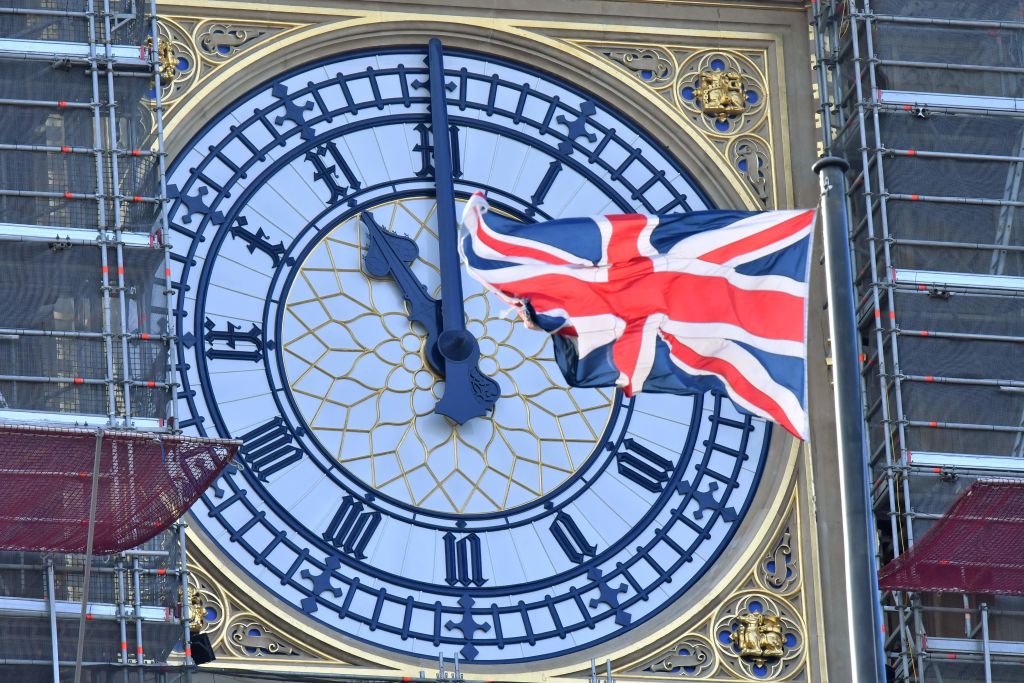
Brexit day is here – but does the rest of the world even care?
by Paul BlanchardToday is the day that many have dreaded, many have dreamed of and a lot thought might never come. At 11pm, just as the first pubs begin to close, the United Kingdom will quietly slip out of a side door to exit the European Union, ending our membership of a club we’ve been in for 47 years.
This isn’t the place, and now definitely isn’t the time to rehash arguments for and against Brexit. It’s been a genuinely existential crisis of identity for this country, still unresolved, and there is little winning of hearts and minds: positions are, if anything, more entrenched than they were three and a half years ago when we voted in the referendum. Friendships have been stretched, sometimes beyond endurance, family relationships fractured, professional interactions soured. Politics turned ugly, and the issue claimed its first martyr when Jo Cox, the Labour MP for Batley and Spen, was murdered by a right-wing extremist in June 2016.
Now, though, all but the most diehard Remainers accept that Brexit is happening. This time tomorrow, the EU will have 27 member states, and the UK will be on the outside. There is a lot of negotiating still to be done to reach a final settlement, but we are now looking at clearing up details and making practical arrangements. The decision in principle has been made and is being executed. But as Boris prepares his light show, and the English sparkling wine sits in the Downing Street chillers, I have to wonder: how do we look to the rest of the world?
There are two clear and opposing narratives. The one promoted by the Leave campaign, and endorsed more or less by the Government, is that of ‘Global Britain’. The Foreign Office even has a strapline: ‘delivering on our international ambition’. It’s framed in a very positive way. The UK is not turning inwards by leaving the EU, but rather broadening its horizons, looking at new and dynamic opportunities with growing economies like the BARC countries and the Far East. The EU is painted as an outdated and sclerotic institution which has held us back, not furthered our prospects. Brexit Day is Freedom Day, and we are taking back control.
The Remain crystal ball returns a very different picture. We have lost access to the single market. We export nearly half our goods and services to the EU and import slightly more than half, and that will now become harder, not easier. Tariffs might be imposed, investment might go elsewhere. We live in an increasingly protectionist world, taking its lead from President Trump, so it is exactly the wrong direction of travel to be pulling out of international agreements and partnerships and relying more on bilateral arrangements. The UK, quite simply, will be diminished outside the EU, our influence less, our control weaker. We are still at the mercy of events, but less able now to have an impact on the circumstances which create and direct them.
Those are the theories. Let’s have a look at reality. I work with a lot of clients in the United States, some of whom are frequent UK visitors, some less so. I’m over there every other week, so I see them a lot and can pick up the mood. One thing to say at the outset is that, rather like the majority of the population here, the Americans don’t really understand the finer details of Brexit, only that we’re leaving Europe. It’s true that, to look at financial services for a moment, JP Morgan, Lloyds, Barclays, HSBC and Goldman Sachs have all recently established continental subsidiaries in case the position of London as Europe’s financial centre should change. But the flight of capital has not been as dramatic as some doomsters predicted.
On the whole, US businesses and entrepreneurs are curious but relaxed about Brexit. They know what makes the UK so attractive for inward investment: a competitive culture and regulatory ecosystem, a familiar language, excellent educational institutions (nearly half of the world’s top ten universities are in the UK) and a long tradition of enterprise, certainly since Big Bang in 1986. Nothing they’ve seen since the referendum in 2016 has spooked them completely, though maybe they’re hedging their bets a little.
I’ve found a similar attitude among clients in the Far East. Places like Hong Kong, Singapore and Macao are naturally inclined to free trade and entrepreneurism anyway, in my experience, and a lot of people there see the EU as bureaucratic, driven by process, unwieldy and slow to react. Unfair, maybe, but it’s an impression that has currency.
I don’t want to be too precious about it. Brexit will bring real challenges, some of them serious, once-in-a-generation. Economic success is far from guaranteed. But I think we should steer clear of stereotypical British cynicism and self-deprecation. Let’s be practical instead: let’s take the situation we have, polish up the positives and sell the good news story of Global Britain.